
Public Backs Vaccine Mandates
With the economy opening up, employers and businesses are likely to mandate or require that employees and customers are vaccinated against Covid. The IBD/TIPP Poll shows that most Americans are in favor of the move.
Based on our survey data, this insightful section reflects on the changing American consumer, trends in their embryonic stages, adoption of new trends, and their implications for society. Articles range from the legalization of marijuana to video streaming to work from home to automobile preferences.

With the economy opening up, employers and businesses are likely to mandate or require that employees and customers are vaccinated against Covid. The IBD/TIPP Poll shows that most Americans are in favor of the move.
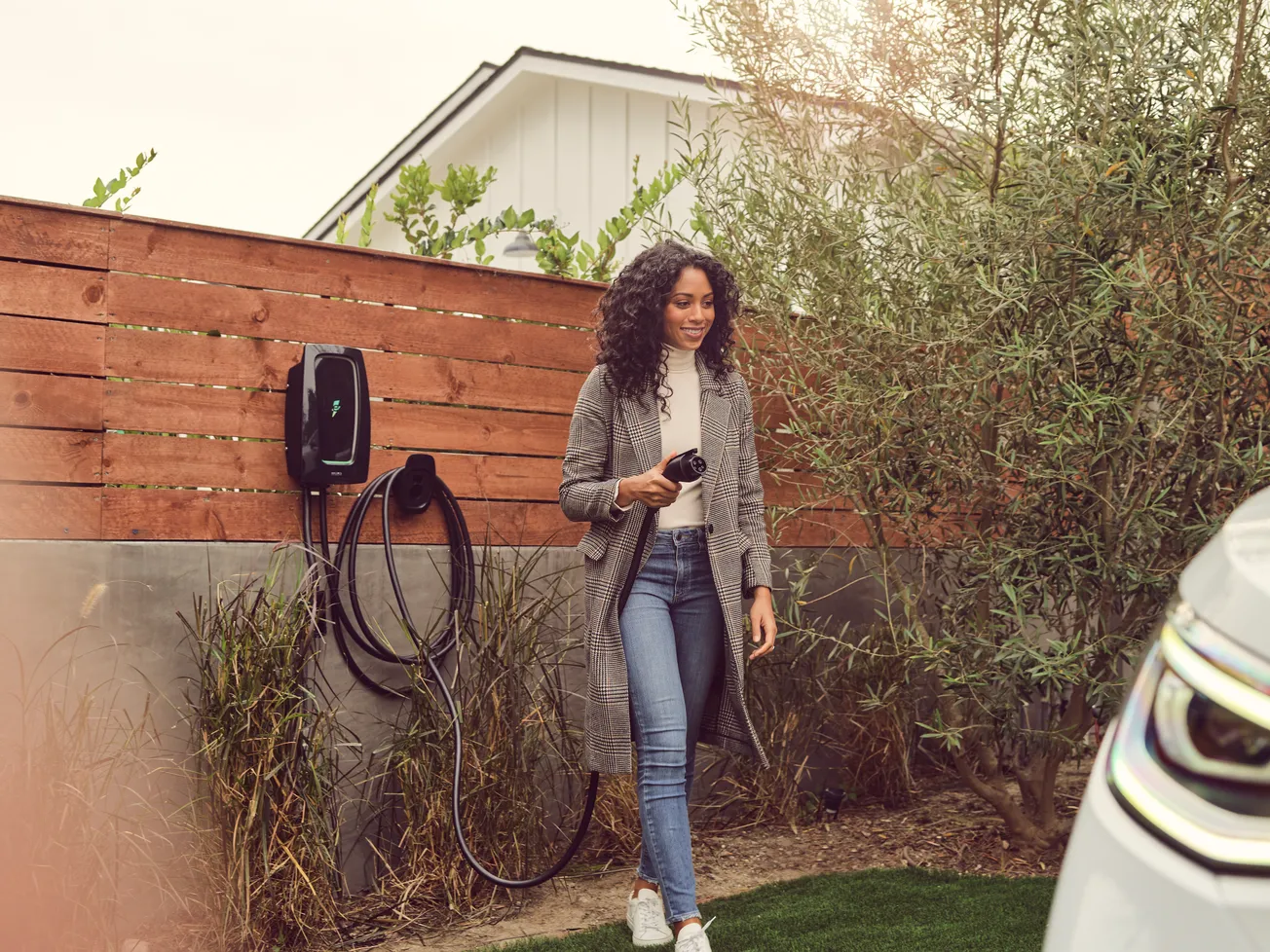
Robert Austin sheds light on the primary concern when it comes to EVs – where and how to charge them. He takes an in-depth look at HomeStation Level 2 charger.

Many Americans are planning to travel this summer, which is another encouraging sign that we are putting the pandemic's dark days behind us.

Wind farm will power half a million homes in New Jersey by 2024.
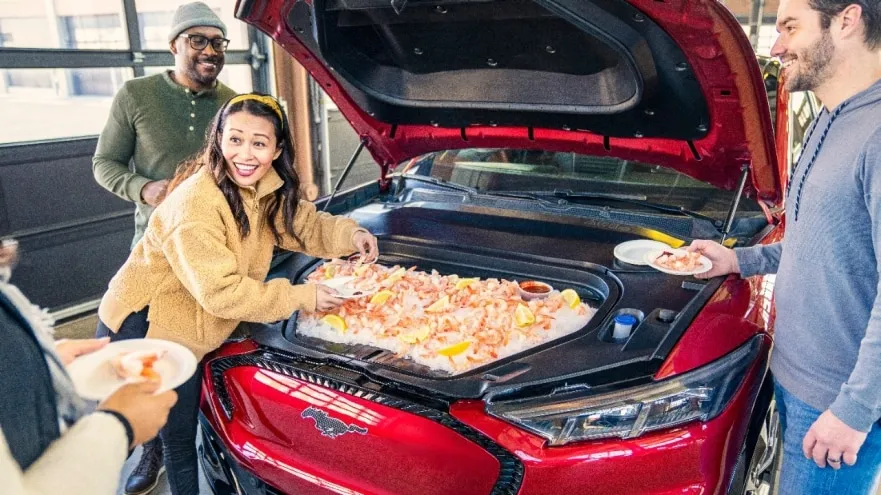
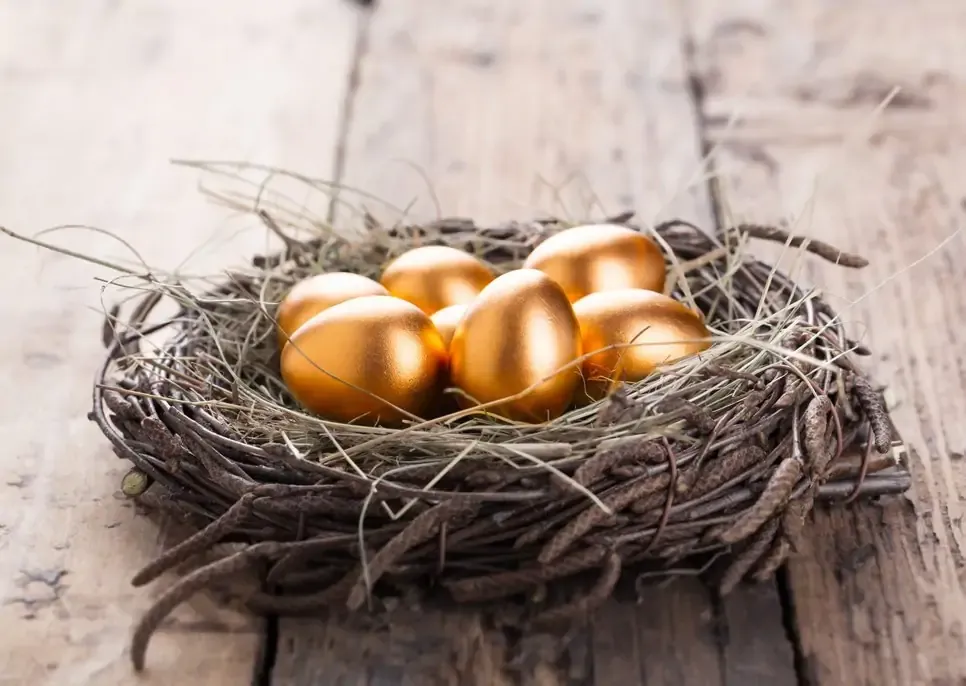
According to a recent TIPP Poll, more than a third of Americans are unprepared for retirement.

Tech companies have grown to such proportions that many behave like monopolies. We look at how Americans feel about this development and what is likely in store for the tech giants starting with Apple, Inc.

53 percent of Americans struggle to keep up with living expenses such as car payments and rent. The pandemic has divided the country into two camps: the haves and the have-nots.
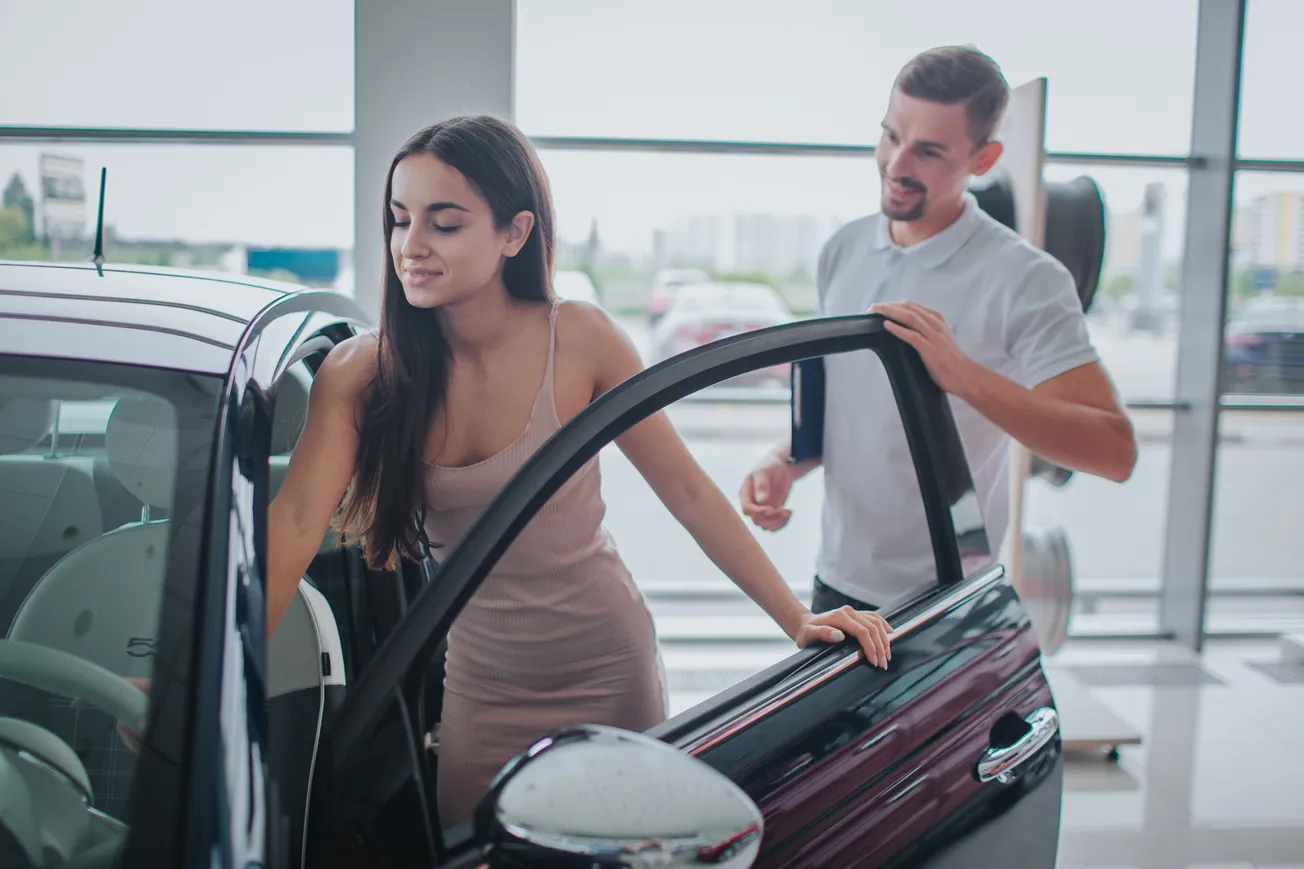
TechnoMetrica forecasts auto sales will remain strong in the coming months, hovering around 18.5 to 19.0 million annualized units.

Mark Pfeifle, a cybersecurity expert, discusses the results of a recent TIPP Poll on the subject as well as steps to improve cybersecurity.
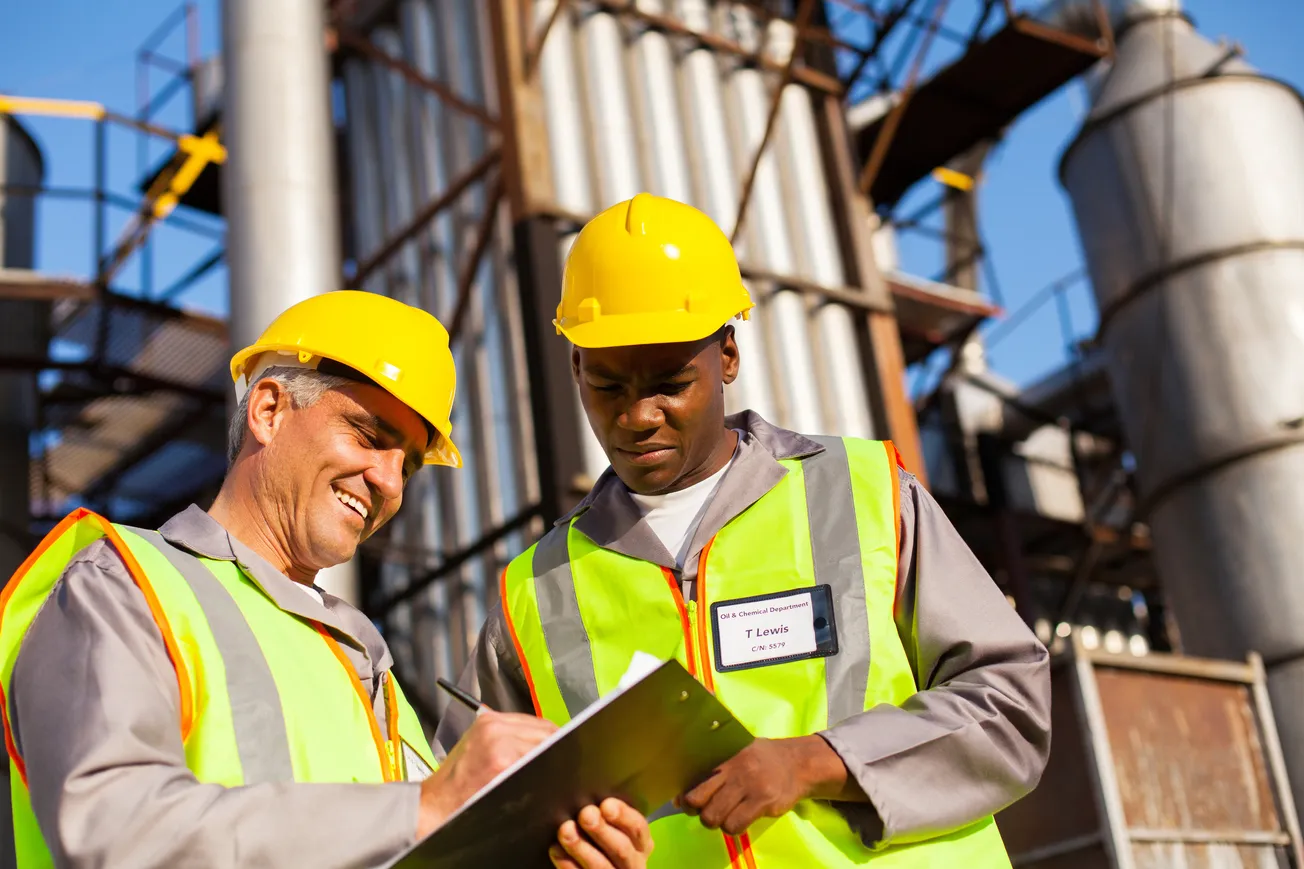
In this article, Derrick Hollie, an expert on energy poverty issues, discusses the latest TIPP Poll findings on energy independence, economic impact assessment, and the role America's energy producers must play in President Biden's "Build Back Better Plan."

The latest TIPP Poll shows that Republicans and Independents are hesitant to vaccinate.

The TIPP Financial Stress Index edged up by 0.9 points in May. The index is below its three-month moving average for the sixth month in a row, indicating its commitment to improvement.
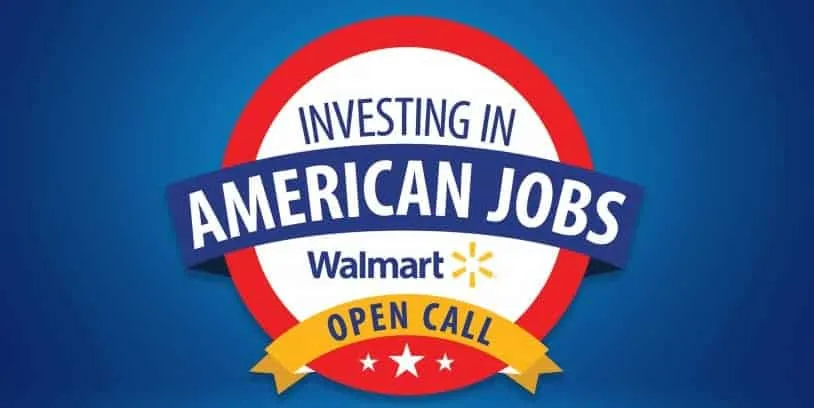
Consumers prefer retailers that support American manufacturers and are willing to pay more for American products.

The monthly TIPP traditional media trust index plummeted sharply while the alternative media trust index edged down in April. This article shows who trusts the media and who lacks trust.
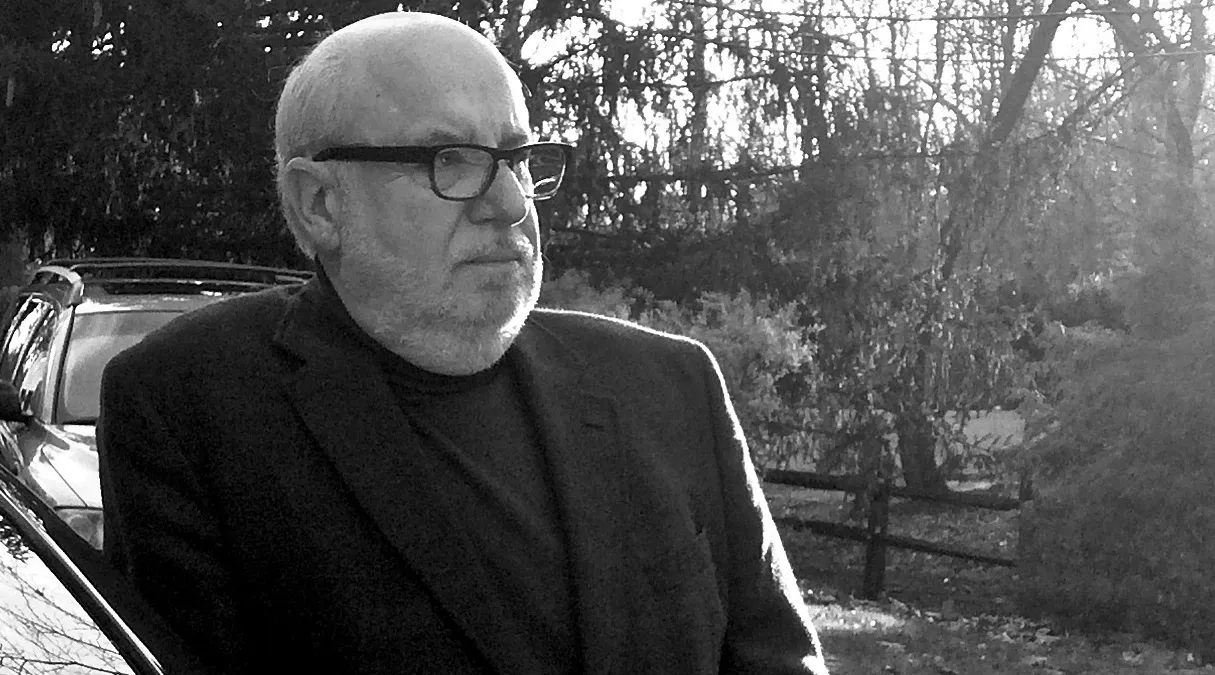
In response to reader inquiries regarding his previous columns, Robert Austin attempts to clarify his personal position on the issues.